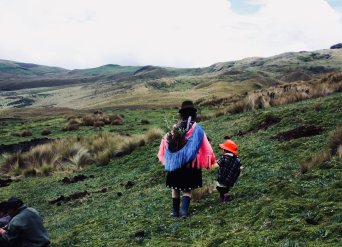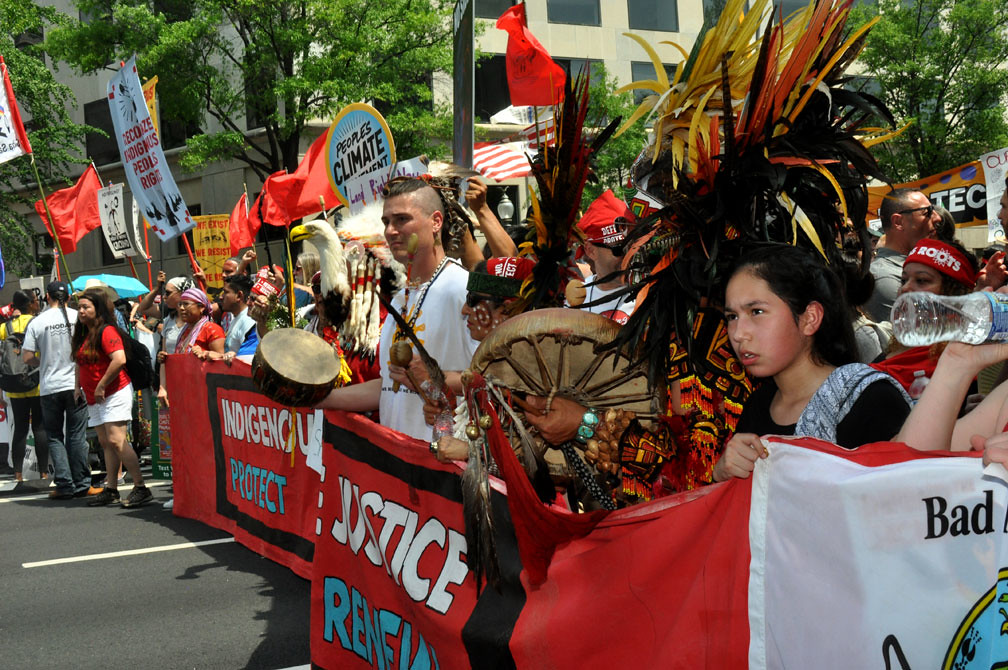- About
- Topics
- Picks
- Audio
- Story
- In-Depth
- Opinion
- News
- Donate
- Signup for our newsletterOur Editors' Best Picks.Send
Read, Debate: Engage.
| topic: | Climate action |
|---|---|
| located: | Brazil, Philippines, Mexico, Democratic Republic of the Congo, Honduras |
| editor: | Bob Koigi |
As the world faces an unprecedented climate crisis and biodiversity loss, custodians of the planet - including indigenous people, environmental activists and biodiversity defenders - continue to face untold suffering in the hands of states, private companies and other non-state actors that prioritise profits over people and planet.
The last decade has been the deadliest in history, with 733 defenders of nature killed, an equivalent of two deaths every two days according to reports.
Last year alone, about 200 frontline defenders of the environment and land were murdered. Worth noting is the growing attacks on indigenous people over the years despite the pivotal role they play as custodians of heritage, biodiversity and land. Indigenous people made up 40 percent of the mentioned deaths in the report, despite making up only 5 percent of the world population.
Philippines, Mexico, Brazil and Honduras remain the deadliest countries for environmental defenders, with more than three-quarters of the recorded attacks occurring in Latin America. Activities revolving around mining, large-scale agriculture, logging and resource exploitation have been blamed for fanning these deaths.
The list of murdered activists includes eight park rangers killed while guarding the endangered Virunga national park in the Democratic Republic of the Congo, British journalist Dom Phillips who was murdered in the Amazon rainforest, Southwest Colombia indigenous governor Sandra Liliana Peña Chocué, who was executed by armed men, and environmental activist Joannah Stutchbury who was shot at her home in Kenya. These gallant soldiers of the planet have paid the ultimate price while those surviving continue to face untold torture, intimidation and smear campaigns.
In memory of their selfless acts, the world must come together, at the national, regional and international level to put pressure on governments and companies to take responsibility and punish perpetrators of the rights and lives of these defenders. The world should call for the enactment and full implementation by states of legal instruments that guarantee safety of environmental activists.
The Escazú Agreement, an environmental and human rights treaty in Latin America and the Caribbean, is a great example. It grants people access to environmental information, participation in decision-making and calls on states to protect, prevent and investigate any attacks meted on environment defenders.
At a time when we need to jealously guard our planet for our sake and that of future generations, the lives of environment defenders matter now more than ever.
Photo by Azzedine Rouichi

